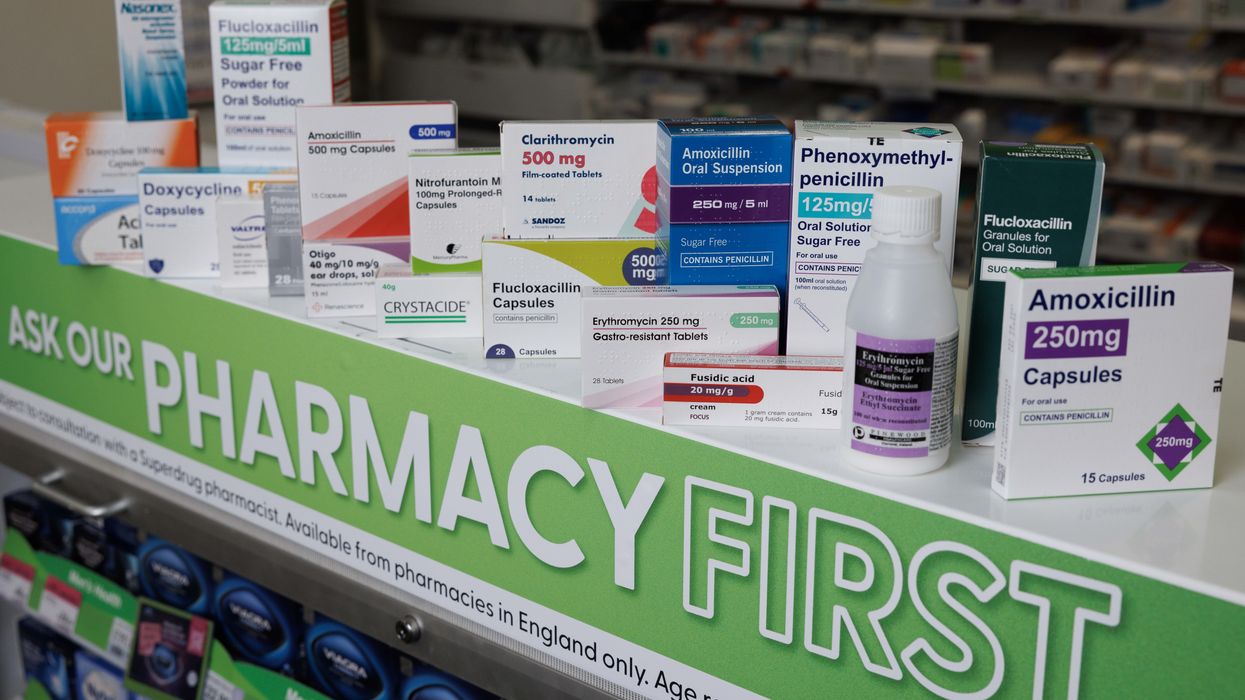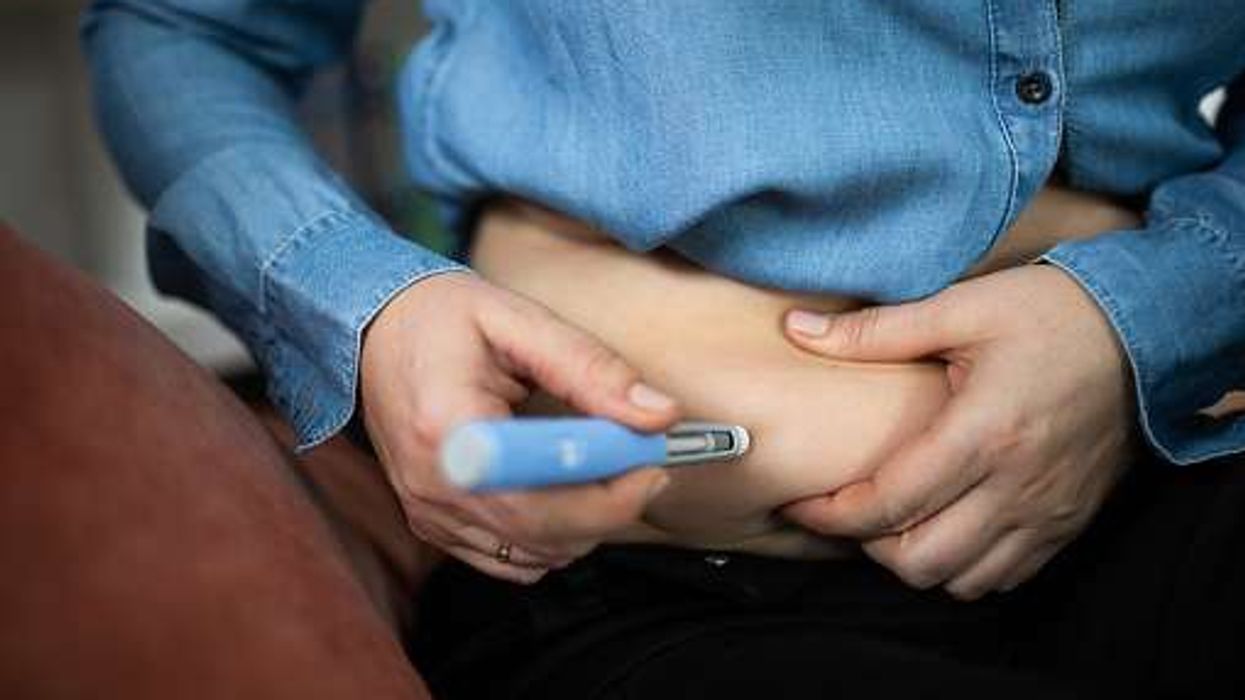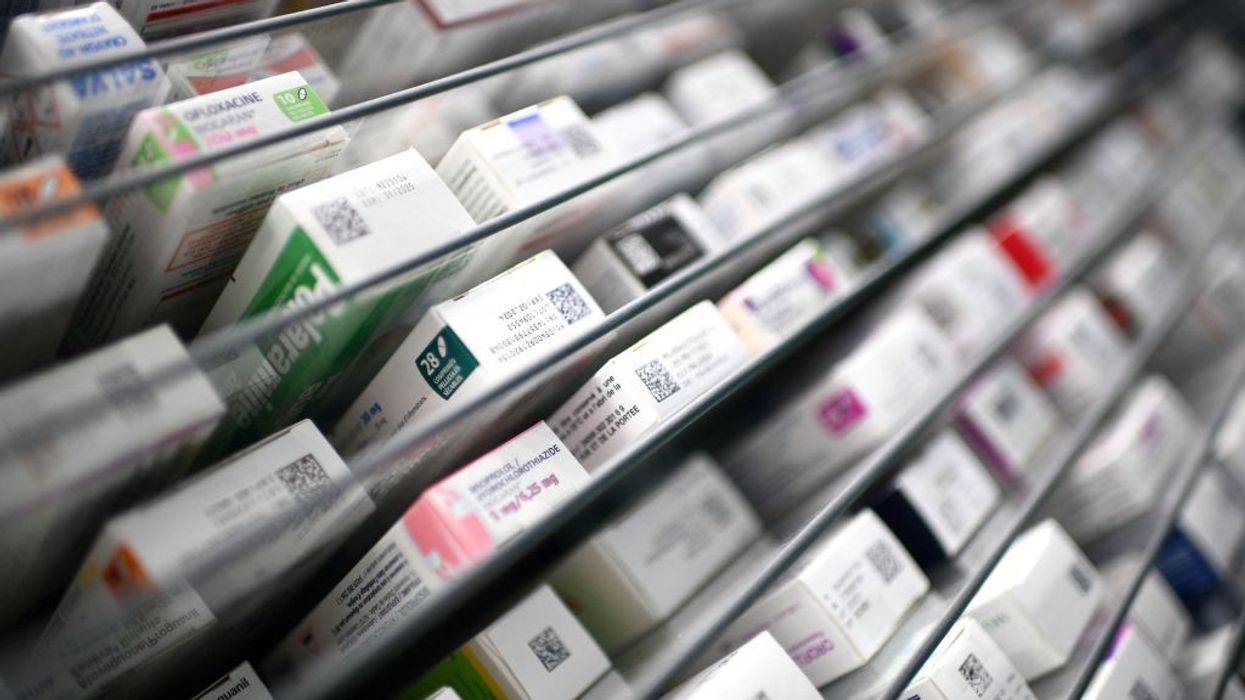People having put weight during the lockdowns are at higher risk of developing type 2 diabetes and those seeking weight-loss help has also seen a rise than before the start of the coronavirus pandemic, a new NHS study has found.
According to the research, people asking for weight-loss help are on average 2.27kg (5lbs) heavier than those starting the programme during the previous three years.
The study, published in Lancet, reveals that people aged under 40 who have enrolled on the NHS diabetes prevention programme have put on the most weight and are, on average, 8lbs heavier than those enrolled before the pandemic.
An increase in weight by 1kg could increase the risk of developing diabetes by about 8 per cent. The study added that at the present rate the growing number of diabetics could result in nearly 39,000 extra people suffering a heart attack in 2035, and more than 50,000 experiencing a stroke.
Prof Jonathan Valabhji, NHS national clinical director for diabetes and obesity who produced the findings, said people concerned about weight gain should get help as soon as possible.
“The pandemic has changed every part of our lives and taken a toll on mind and body, with thousands of people paying a heavy price, and many gaining weight during lockdown,” he said.
“The increase in weight also means an increased risk of type 2 diabetes – which is associated with many of the common types of cancer, blindness, amputations as well as heart attacks and strokes.”
He urged people to consider the NHS diabetes prevention programme, adding that NHS data showed that people completing the programme typically achieved an average weight loss of 3.3kg, and 3.6kg for those who are overweight or obese, reducing their risk of type 2 diabetes.
Moreover, the NHS has fast-tracked access to the programme after research found that people are twice as likely to die from Covid-19 if they have type 2 diabetes. The NHS is also promoting online tools to help diabetics manage their condition safely.
Diabetes UK is hosting a self-assessment tool, which helps people calculate their risk of developing type 2 diabetes by answering questions about risk factors including age, weight and ethnicity.











